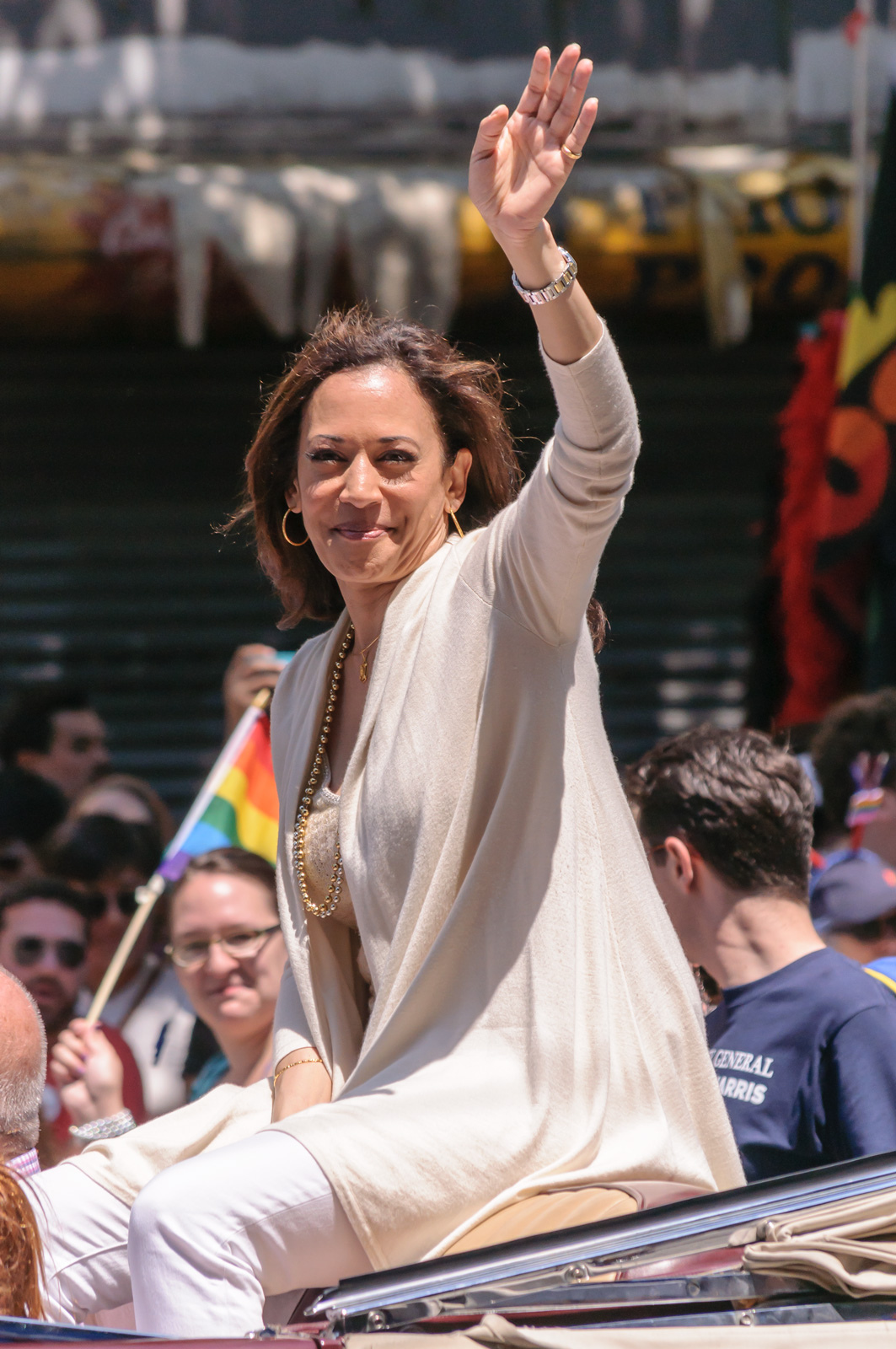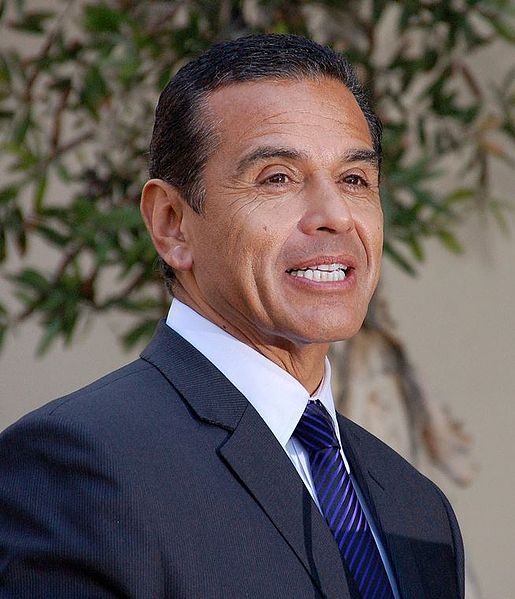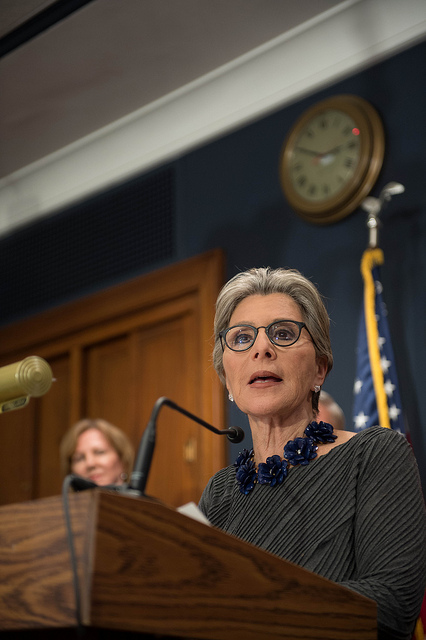Why You Should Care about the California Senate Race in 2016
By:
California will enter a new political era in 2016. Senator Barbara Boxer, who has been serving California since she was first elected in 1992, announced last month that she is not seeking re-election, setting off a firestorm of jockeying by potential candidates and speculation about whom the voters might select as her successor. What happens in the nation's most populous state and largest state economy will have an effect across the country.
While nothing is guaranteed, it’s very likely that another Democrat will succeed Boxer: Democrats have a 15-point registration advantage statewide, and Republicans simply don’t have a candidate with the statewide favorability or profile to overcome that sort of headwind—especially in a presidential election year when turnout is higher. But which Democrat emerges from this high-profile contest might speak volumes about the future of the Democratic Party and progressivism in general. Not to mention: whoever emerges victorious from this race will be occupying a high-visibility position that could foster ambitions for the White House down the road.
Who are the contenders?

California Attorney General Kamala Harris
One of the contenders is a young, biracial, and charismatic former attorney currently serving in a statewide office. If that sounds familiar, you’re not alone: California Attorney General Kamala Harris, the only candidate to officially declare so far, has often been dubbed the “female Obama.” Harris is close to the first family: she was an early backer of then-Sen. Barack Obama during the 2008 campaign, and the president endorsed her for California attorney general in 2010. She has the support of national leaders like Sens. Elizabeth Warren (D-MA) and Kristen Gillibrand (D-NY), as well as California locals like Congressman Mike Honda and Los Angeles City Council President Herb Wesson. If elected, Harris would become the first-ever senator of South Asian descent, as well as California’s first-ever senator of African-American descent.

Former Los Angeles Mayor Antonio Villraigosa
But Harris won’t simply be able to walk away with it if a powerhouse like Antonio Villaraigosa jumps into the race. The former mayor of Los Angeles and DNC convention chairman is strongly contemplating a run. While most public polling so far shows Harris leading him in a head-to-head matchup, Villaraigosa could tap into increased energy from a burgeoning Latino electorate to make for a very competitive race. Villaraigosa, for what it’s worth, endorsed Hillary Clinton in the 2008 presidential primary, which makes it possible that divisions could emerge along old battle lines. If Villaraigosa doesn’t run, it will leave the field open to other Latino candidates such as Congresswoman Loretta Sanchez, who has also been contemplating a bid.
How will the race play out?
While identity politics will certainly play a role in who emerges victorious, it won’t be enough on its own. To win over the young voters who only vote occasionally but will likely be attracted to cast a ballot in the presidential primary, the candidate who emerges victorious will be the one who is best able to address the concerns of Millennials on issues like the cost of education, student loan debt, and the drug war. After all: it’s their generation’s first crack at an open senate seat in California, and they’ll want to make their voices heard.
The Boxer Era

If elected, Harris will be the third straight woman elected to Senate in California. In national politics, 1992 -- the year Boxer was first elected -- was the “year of the woman.” Motivated in part by the controversy surrounding the confirmation hearings of current Supreme Court Justice Clarence Thomas and the sexual harassment allegations against him by Anita Hill, women candidates ran for the Senate in record numbers, and won. Before 1992, only seven women had been elected to the Senate. But that year saw four new women elected to Congress’ upper chamber, including two from California: Boxer and Dianne Feinstein, who became the first women to ever serve together in the Senate from the same state. Over 22 years later, they still serve California today.
The long tenures of Boxer and Feinstein, combined with a relative lack of opportunity at the statewide level, have combined to create a logjam at the top of the California political ladder: there are plenty of ambitious politicians looking to take the next step, but very few rungs for them to step to. Some will take a crack at the open Senate seat next year. Others will wait until 2018, when there will be an opening for governor and perhaps the other Senate seat should Dianne Feinstein also choose not to seek another term. In either case, it will be the first time in 24 years that California has seen a wide-open race for Senate.
Whichever Democrat wins won’t just be the next Senator from California, but also on the short list for the next set of contenders for the White House. This one matters, and younger voters will have a crucial say.
